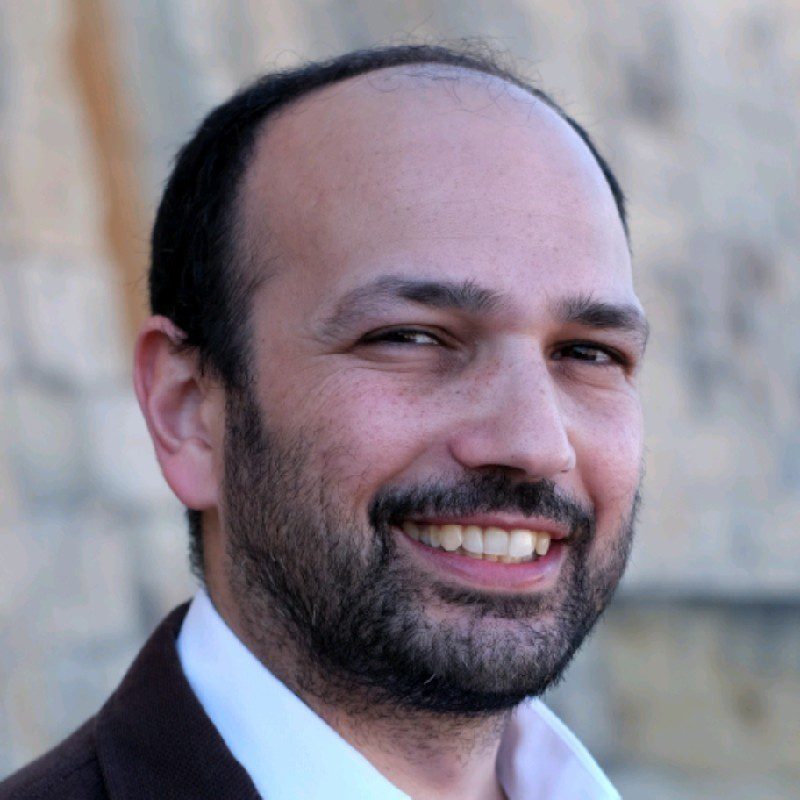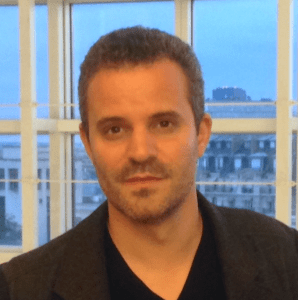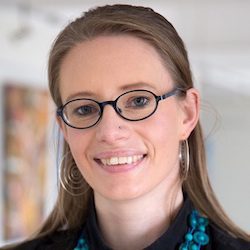Event recording

Date: Tuesday, 1st March, at 13:00 UTC (08:00 EST | 14:00 CET | 21:00 CST)
Over the last couple of years, science diplomacy has become an increasingly important concept and practice. Many institutions and individuals have turned to science diplomacy to describe their work. As a concept, science diplomacy gives meaning to activities at the intersection of policy, diplomacy, and science. Science diplomacy practices are crucial to addressing climate change and the COVID-19 pandemic, and to achieving the sustainable development goals (SDGs). The term has been used to galvanise support and give hope in the face of tremendous global challenges.
Observers, however, have cautioned against some of the hype surrounding science diplomacy and argued for a more clear-eye approach that: first, develops a clear evaluative framework to measure the success of science diplomacy and, second, takes into account geopolitical realities instead of seeing science diplomacy (Flink, 2021).
Others have analysed science diplomacy’s contribution to addressing the COVID-19 pandemic. Looking at science attaché networks, they have made concrete suggestions to be better prepared for the next global crisis, and to leverage the potential of already existing networks (Lemay et al., 2021). Will suggestions, such as to ‘increase cross-country collaboration and communication across networks’, become a reality in 2022?
Keeping these perspectives in mind, this WebDebate explores what lies ahead for science diplomacy in 2022. In doing so, we look at:
- lessons learned from the COVID-19 pandemic
- suggestions for supporting the practice of science diplomacy
- expectations for the future of science diplomacy
This WebDebate marks the start of a series of WebDebates that explore the theory and practice of science diplomacy with leading practitioners and academics.
Join us on Tuesday, 1st March, at 13:00 UTC (08:00 EST | 14:00 CET | 21:00 CST).
Speakers
Dr Jean-Christophe Mauduit is a lecturer in Science Diplomacy at University College London (UCL) in the Department of Science, Technology, Engineering and Public Policy (STEaPP). He joined UCL STEaPP in September 2019 and focuses on issues at the intersection of science and diplomacy. Prior to joining UCL, he was most recently a visiting scholar at the American Association for the Advancement of Science in Washington DC, as well as an associate director at the Science Diplomacy Center at the Fletcher School of Law and Diplomacy (Tufts University, Boston, USA).
Mr André Xuereb is Malta’s ambassador for Digital Affairs within the Ministry for Foreign and European Affairs. A physicist by training, he read for a BSc in Mathematics and Physics at the University of Malta, an MA in Entrepreneurship at the University of Malta, and a PhD in Theoretical Physics at the University of Southampton, UK. André is associate professor and head of the Department of Physics at the University of Malta. He founded and leads the quantum research group Quantumalta at the University of Malta.
Moderator
Dr Katharina E. Höne researches, writes, and teaches on a number of issues in the area of diplomacy, global governance, and the impact of technology on international relations. In the past few years, she has focused on research at the intersection of diplomacy and technology. She holds an MA in Diplomatic Studies (University of Leicester, UK) and a PhD in International Politics (University of Aberystwyth, UK). In her work, she is driven by her aim to level the playing field at international negotiation tables through capacity development.
About our WebDebates
Our WebDebates on the future of diplomacy are live-streamed on the first Tuesday of every month. They are organised by Diplo within the framework of the International Forum on Diplomatic Training (IFDT). Learn more about our WebDebates series.




